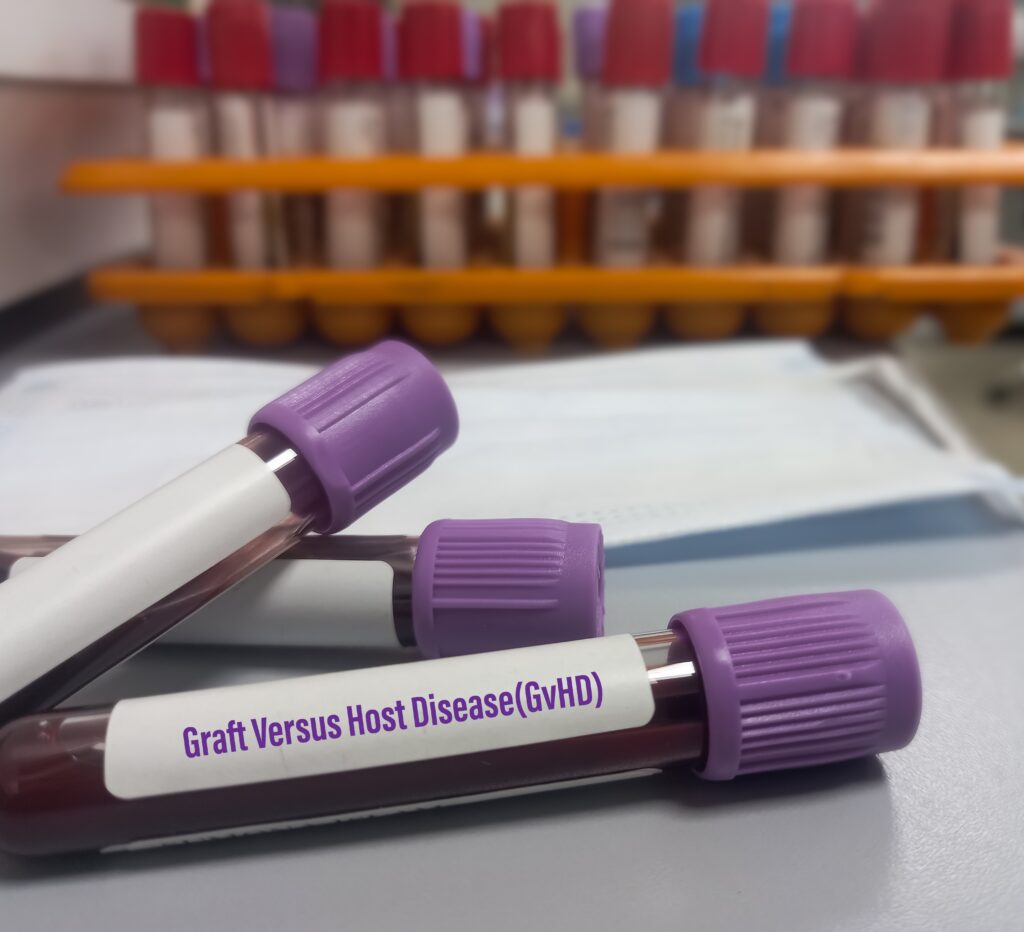The US Food and Drug Administration (FDA) has approved Niktimvo (axatilimab-csfr) for the treatment of chronic graft-versus-host disease (GVHD) in adult and pediatric patients weighing 40 kg or more. This approval, granted under the FDA’s Priority Review process, is intended for patients who have failed at least two prior lines of systemic therapy.
Niktimvo, a trademark of Incyte, is a first-in-class anti-CSF-1R (colony stimulating factor-1 receptor) antibody, targeting inflammation and fibrosis, which are key drivers of chronic GVHD.
XTALKS WEBINAR: Enhancing NGS Sample Preparation from Sample to the Sequencer
Live and On-Demand: Monday, September 16, 2024, at 1pm EDT (6pm BST/ UK)
Register for this webinar to discover how cutting-edge technology for NGS sample preparation can ensure higher-quality results and more streamlined processes.
Chronic GVHD is a serious condition that can develop following an allogeneic stem cell transplant, where stem cells are transferred from a donor to the recipient. In patients with chronic GVHD, the donor cells may mistakenly attack the recipient’s organs, leading to a wide range of complications affecting the skin, liver, eyes and other organs.
Because it can be so widespread and persistent, chronic GVHD often requires ongoing treatment and care. Approximately 42 percent of transplant recipients in the US experience chronic GVHD, and for nearly half of them, multiple treatment attempts are necessary to manage the disease. According to the Center for International Blood and Marrow Transplant Research (CIBMTR), the US conducted between 8,000 and 10,000 allogenic stem cell transplants in 2022.
The FDA’s approval of Niktimvo provided a differentiated option for patients, supported strongly by results from the AGAVE-201 clinical trial. The trial involved 241 patients, including both adults and children, who had not responded to at least two prior treatments for chronic GVHD.
The study showed promising results: 75 percent of patients responded to axatilimab within the first six months, and 60 percent maintained their response for at least a year. The drug was effective across multiple organs affected by GVHD, including the skin, lungs and gastrointestinal tract.
Some of the most common side effects reported include elevated enzymes associated with liver damage (aspartate aminotransferase [AST] and alanine aminotransferase [ALT]), infections and musculoskeletal pain.
In the US, Niktimvo will be co-commercialized by Incyte and Syndax Pharmaceuticals, with Incyte holding exclusive commercialization rights outside the US. To make dosing more convenient and reduce waste, the companies plan to seek FDA approval for two smaller vial sizes in addition to the currently approved 50 mg vial. They expect to launch these new vial sizes by early 2025.
Looking ahead, axatilimab, the active ingredient in Niktimvo, is being studied in combination with other treatments for chronic GVHD. A Phase II trial is underway in combination with ruxolitinib, and a Phase III trial with steroids is expected to start by the end of the year. Additionally, axatilimab is being investigated in a Phase II trial for idiopathic pulmonary fibrosis, a condition that causes lung scarring.












Join or login to leave a comment
JOIN LOGIN